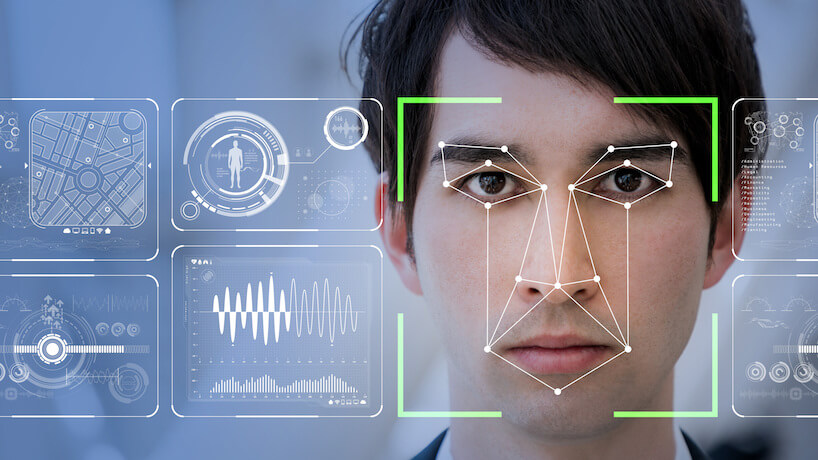Forget scanning your mobile device when you’re traveling. Australia-based Qantas is exploring an alternative approach to the passenger experience: scanning your face. The airline won’t be using it to replace your ID and expedite the boarding process, either.
“Qantas has just started a brand new program of trialing facial recognition to enable them to monitor passengers from the very moment they check in, all the way through to the gate when they board the plane,” Chris Riddell, global futurist and keynote speaker at Convening Leaders 2018 in Nashville, wrote in a recent blog post. “They’re also going to be monitoring everything in between, including [the café where you get your coffee] and where you are shopping for that last-minute pair of jeans. They’ll also know what electrical gadgets you were playing with at the tech shop and whether you were too busy trying free shots of cognac to buy that gift for your other half that you promised but then ‘forgot.’”
Creepy? Probably. Genius? Also probably. Riddell pointed out that “data is king” and that information about customers is “every business’ new currency.” While I don’t particularly love the thought of an airline tracking what kind of sandwich I ate or which book I purchased for the flight, the airline can potentially leverage that kind of information to fuel a better customer-service experience.
Imagine a flight where the cabin crew already knows your drink order — even if you’re a mile away from first class in the middle seat of row 29. Consider an in-flight entertainment system that recommends movies for you similar to your Netflix account. Think about listening to a playlist of new music curated solely for your ears. Every detail of being a passenger can be personalized.
Will Facial Recognition Fuel Better On-Site Experiences, Too?
My imagination may be aiming a bit low, though. Riddell highlighted that the next phase of this type of data “will be the delivery of experiences in real-time … based on how you feel at the exact moment it matters.” While airlines may be able to afford to be the early adopters of this type of emotional-analytics technology, meetings and events could certainly put a similar approach to work. An attendee’s facial expression shows they’re feeling stressed? Send a push notification through the mobile app alerting them to the meditation session on the second floor. What if they look sad? Maybe it’s time to recommend they check out an upcoming speaker who’s known for her interactive humor.
Those possibilities may sound like they belong in the distant future, but they’re already here. Check out “Biometrics: The Next Frontier” in Convene.
Interested in hearing more of Riddell’s insights into the future? Register here for PCMA Convening Leaders 2018, in Nashville from Jan. 7–10.

